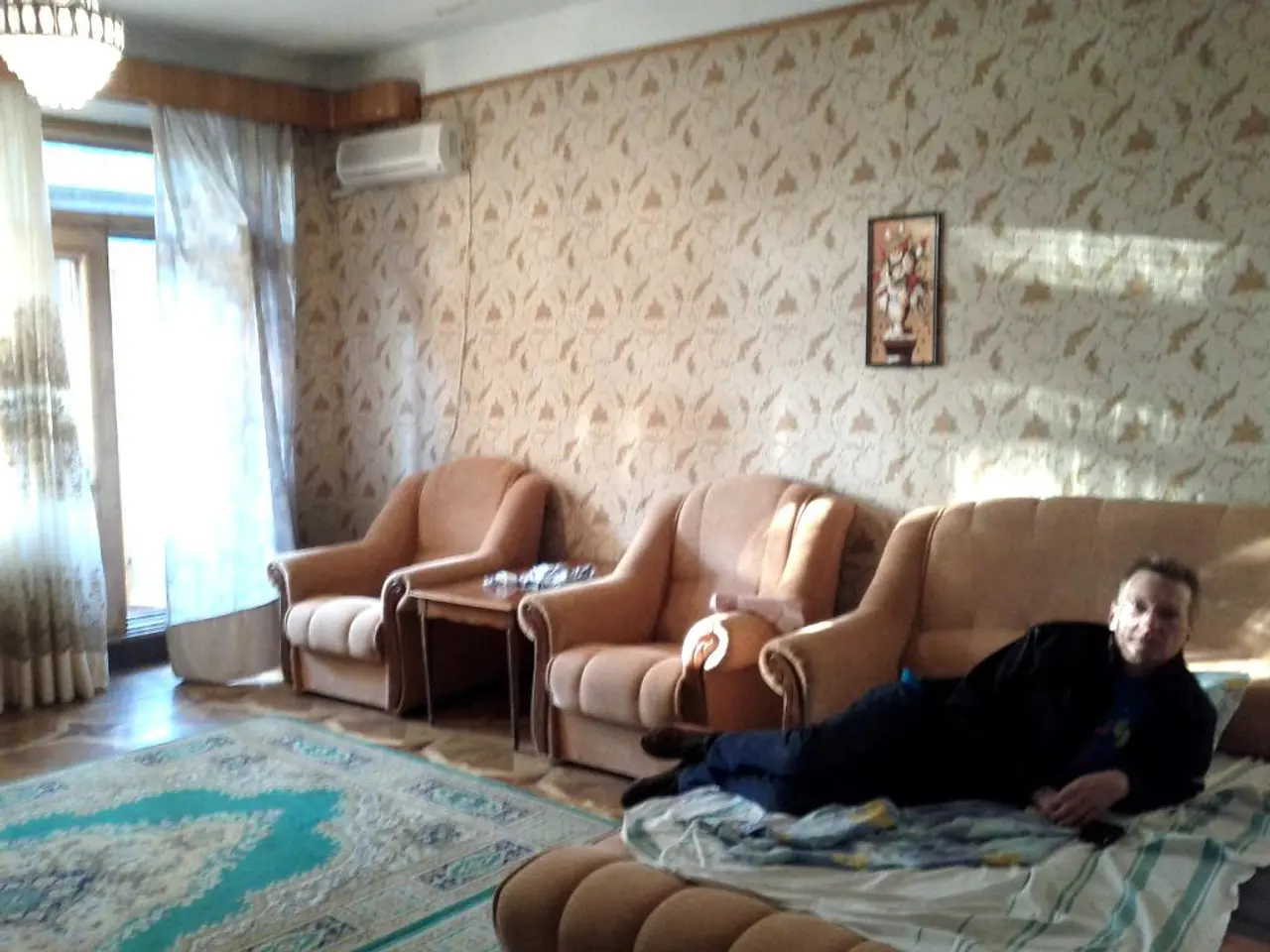Barrier-free housing guaranteed for lifetime - Mandatory Program - Accommodating Elderly Living without Barriers: Imperative for an Optimal Program
In the heart of Germany, Thuringia is making strides towards creating a more accessible living environment for its elderly population. The state is actively involved in pilot projects and initiatives focused on barrier-free and energy-efficient housing, with the City of Stadtroda serving as a test area in the HEAT 35 project.
The HEAT 35 project, part of the broader regional development, aims to promote sustainable and adapted building practices. While specific details about a dedicated barrier-free housing program exclusively for elderly people in Thuringia are scarce, the project indicates a foundation for such initiatives.
Historically, Germany's federal housing policy has supported social and affordable housing, including dwellings adapted for elderly and disabled individuals, through subsidized housing and protective tenancy laws. These measures often facilitate renovations and new constructions that meet accessibility standards, aligning with the goals of barrier-free housing.
Frank Emrich, director of the Association of Thuringian Housing Industry, has emphasized the need for a renewal of the state-funded program for barrier reduction. The Association, representing 234 companies and 265,000 apartments in Thuringia, has successfully converted around 7,000 apartments between 2016 and 2020 with a maximum state subsidy of 10,000 euros per apartment, matched by housing companies.
Emrich suggests increasing the funding for this program, which could be used for barrier-free apartment modernization with minimal bureaucracy. A subsidy of 15,000 euros would significantly help in current conversion costs. However, the government's current financial situation poses challenges for the expansion of funding opportunities.
Significant increased costs for barrier-free living include installation of elevators, modernization of bathrooms, and trip-free access to balconies. In a renewed program, the aim would be to cover half the costs.
Emrich is in talks with Minister of Housing Steffen Schütz (BSW) about housing subsidies and a program for barrier reduction. Many people wish to age in their own apartments, and the association director believes that with the right funding and support, this goal can be achieved.
As Thuringia continues to invest in maintaining and modernizing its properties, with approximately half a billion euros spent last year, the potential expansion of barrier-free housing programs for the elderly remains a promising development for the state's elderly population. For more precise or up-to-date details, consulting official Thuringian state housing ministry communications or local government announcements would be necessary.
- The HEAT 35 project, part of Thuringia's broader regional development, not only aims to promote sustainable building practices but also provides a foundation for vocational training programs in barrier-free housing construction, aligning with science and health-and-wellness aspects related to aging.
- With a renewed state-funded program for barrier reduction, Thuringia, under the leadership of Minister of Housing Steffen Schütz (BSW), could focus on increasing vocational training opportunities in health-and-wellness aspects of design, such as barrier-free apartment modernization, contributing to the community policy's goal of enabling elderly people to age with dignity in their own homes.




